A crowd of opposition supporters gathered in front of the entrance to the South Korean National Assembly but were stopped by police. (Source: Reuters)
According to Reuters , at 0:49 on December 4 (22:49 on December 3, Hanoi time), the South Korean National Assembly held a plenary session. South Korean National Assembly Speaker Woo Won-shik said this was an emergency session related to martial law.
Shortly afterwards, South Korean lawmakers voted to block South Korean President Yoon Suk-yeol's declaration of martial law.
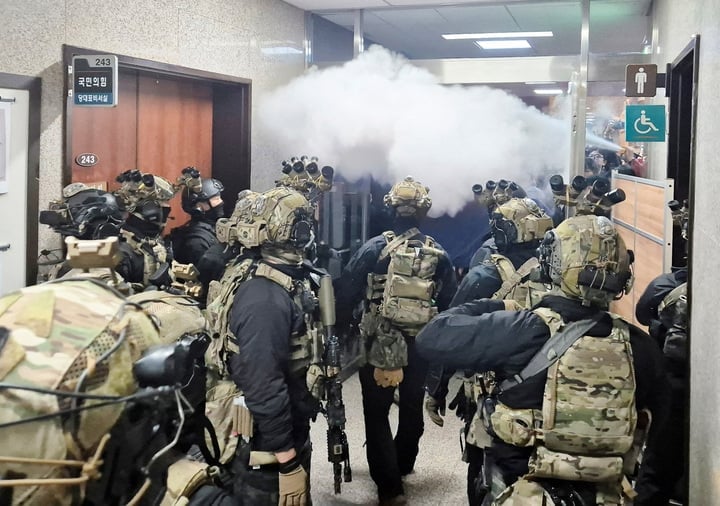
South Korean military martial law forces scuffled with aides and staff at the National Assembly building as they tried to block lawmakers from voting to block martial law. (Photo: Reuters)
According to the regulations, the President of South Korea is responsible for immediately notifying the National Assembly after declaring martial law. If the majority of the National Assembly votes to lift martial law, the President of South Korea must comply.
Meanwhile, the South Korean military's martial law forces entered the National Assembly building and clashed with aides and staff of the South Korean National Assembly building. Under the martial law decree, political activities are prohibited.
Earlier, South Korean President Yoon Suk-yeol declared martial law for the reason of "protecting the country from external threats and eliminating anti-state forces, as well as protecting the free constitutional order". This is the first time South Korea has imposed martial law in the past 44 years.
Article 77 of the South Korean Constitution stipulates that the President has the power to declare martial law in response to war, disaster or national emergencies.
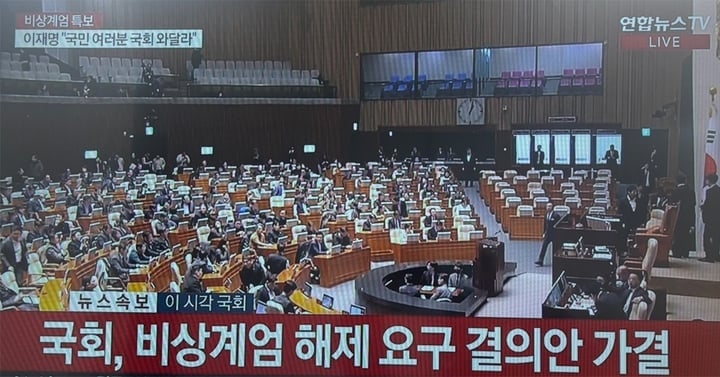
South Korea's National Assembly holds emergency meeting, blocking President's martial law declaration.
Martial law in South Korea is divided into two types: emergency and security. The martial law declared by President Yoon is an emergency type, effective nationwide from 11pm on December 3.
President Yoon's martial law decree prohibits all political activities, including meetings of the National Assembly and local councils, activities of political parties and associations, as well as marches and protests that incite social unrest.
All media and press agencies are placed under the control of the Martial Law Command, freedom of speech is restricted. The power of the government and the courts is regulated according to relevant laws.
Source: https://vtcnews.vn/quoc-hoi-han-quoc-bo-phieu-chan-lenh-thiet-quan-luat-cua-tong-thong-ar911262.html


![[Photo] General Secretary To Lam begins official visit to Russia and attends the 80th Anniversary of Victory over Fascism](https://vphoto.vietnam.vn/thumb/1200x675/vietnam/resource/IMAGE/2025/5/8/5d2566d7f67d4a1e9b88bc677831ec9d)
![[Photo] President Luong Cuong presents the decision to appoint Deputy Head of the Office of the President](https://vphoto.vietnam.vn/thumb/1200x675/vietnam/resource/IMAGE/2025/5/8/501f8ee192f3476ab9f7579c57b423ad)
![[Photo] National Assembly Chairman Tran Thanh Man chairs the meeting of the Subcommittee on Documents of the First National Assembly Party Congress](https://vphoto.vietnam.vn/thumb/1200x675/vietnam/resource/IMAGE/2025/5/8/72b19a73d94a4affab411fd8c87f4f8d)

![[Photo] Prime Minister Pham Minh Chinh meets with the Policy Advisory Council on Private Economic Development](https://vphoto.vietnam.vn/thumb/1200x675/vietnam/resource/IMAGE/2025/5/8/387da60b85cc489ab2aed8442fc3b14a)
![[Photo] General Secretary concludes visit to Azerbaijan, departs for visit to Russian Federation](https://vphoto.vietnam.vn/thumb/1200x675/vietnam/resource/IMAGE/2025/5/8/7a135ad280314b66917ad278ce0e26fa)
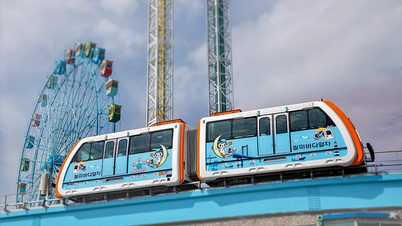


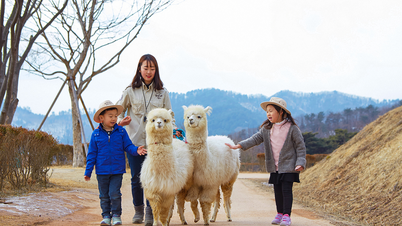

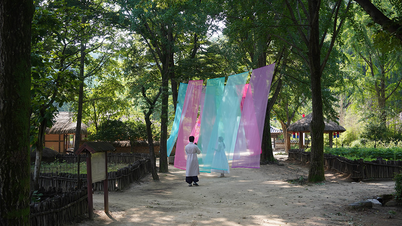
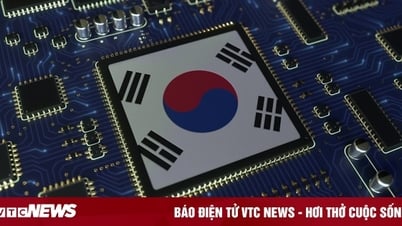
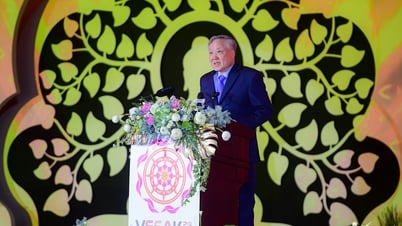
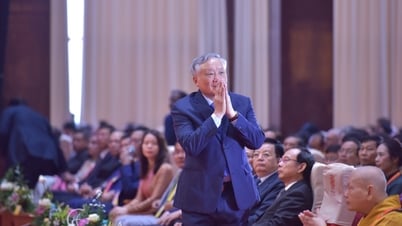
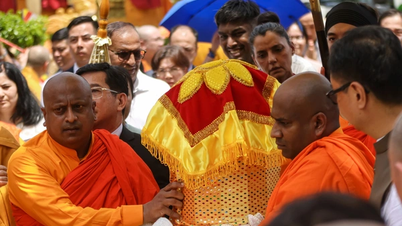
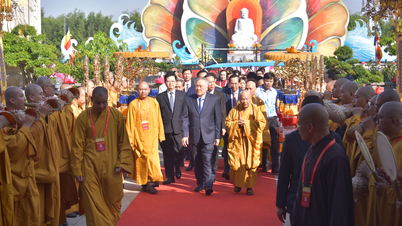
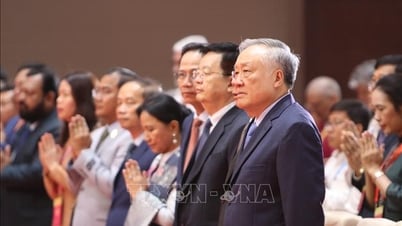
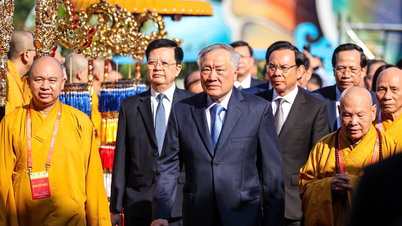




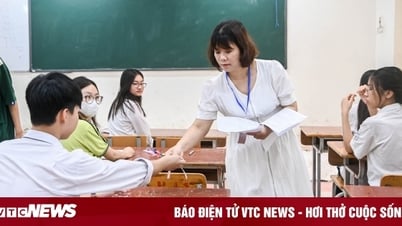
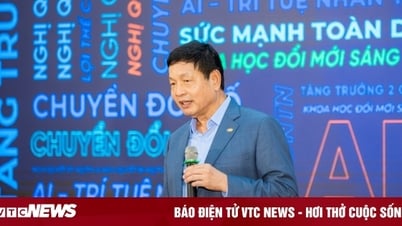

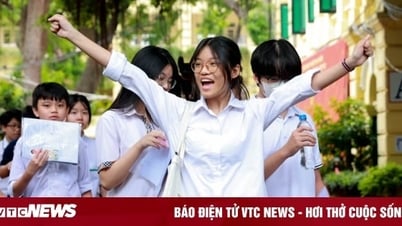
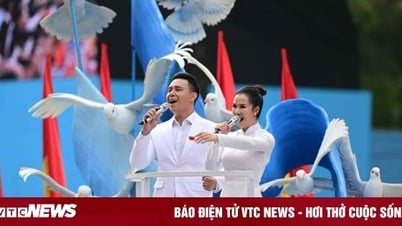


































![[Photo] Prime Minister Pham Minh Chinh talks on the phone with Singaporean Prime Minister Lawrence Wong](https://vphoto.vietnam.vn/thumb/402x226/vietnam/resource/IMAGE/2025/5/8/e2eab082d9bc4fc4a360b28fa0ab94de)












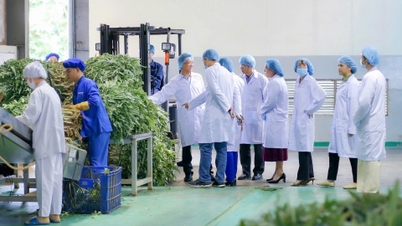

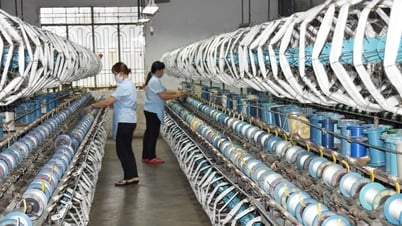
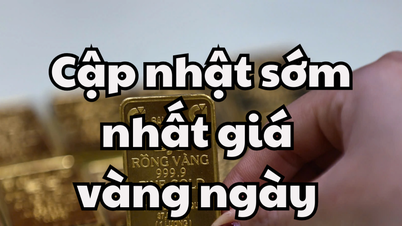

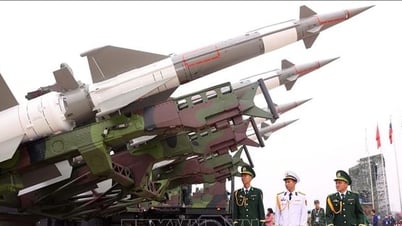

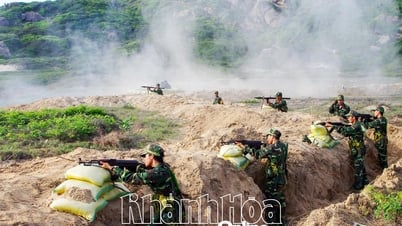
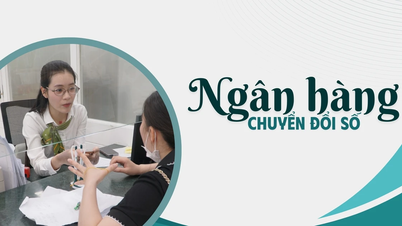













Comment (0)